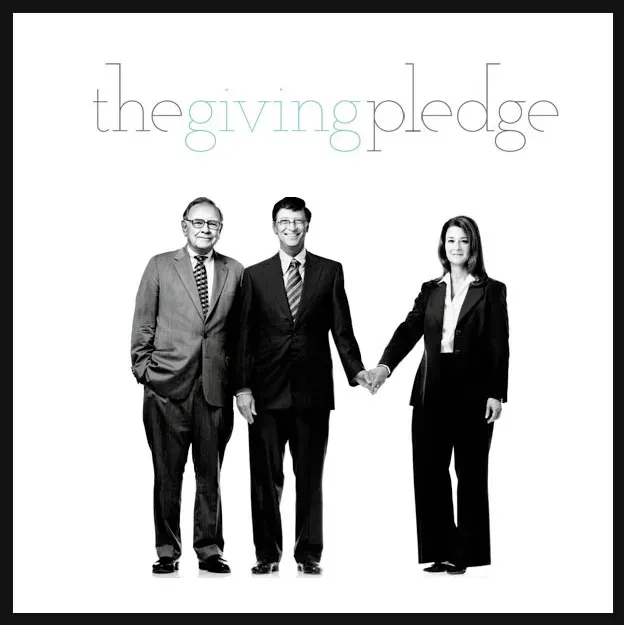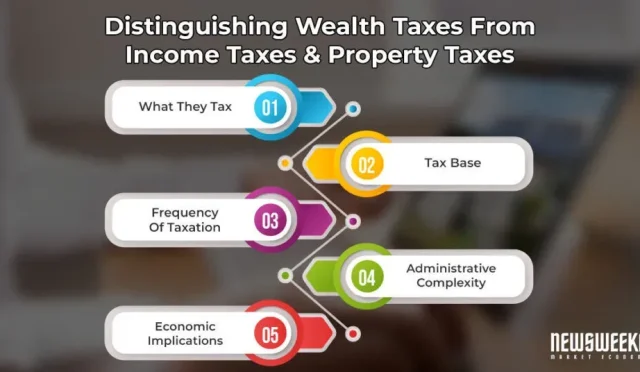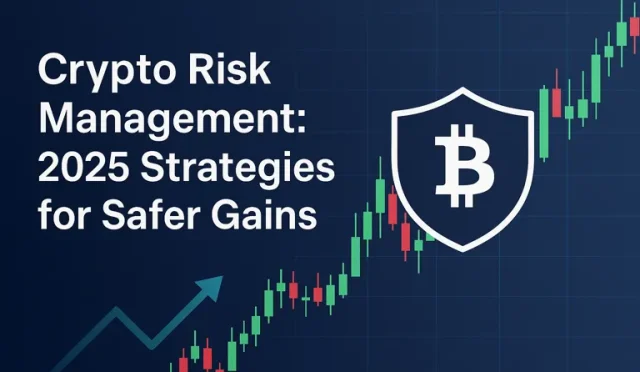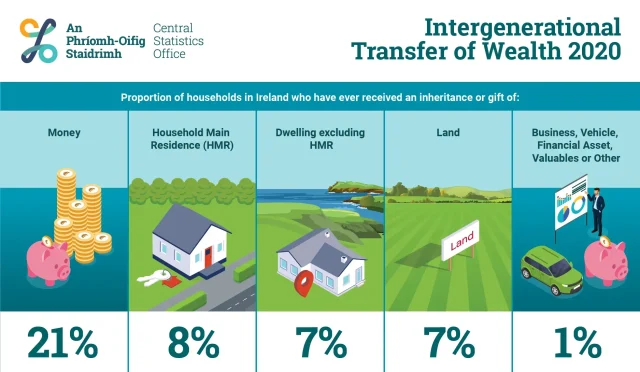The Giving Pledge billionaires represent a formidable force in the realm of philanthropy, having committed to donating at least half of their immense fortunes to charitable causes. Founded by notable figures like Bill Gates and Warren Buffett in 2010, this unique initiative has sparked global conversation about billionaire donations and their potential impact on society. As they mark 15 years of collective giving, the question arises: have these charitable billionaires truly honored their commitments? A recent philanthropy report unveils a complex picture, highlighting both the successes and shortcomings of their efforts. Although significant amounts of wealth are being redirected towards worthy causes, doubts linger over whether the Giving Pledge will ultimately fulfill its promise to drive meaningful change.
In the world of ultra-wealthy individuals, many have taken to generosity through the Giving Pledge, a commitment that encourages billionaires to allocate a significant portion of their wealth to philanthropy. This initiative, catalyzed by prominent figures such as Gates and Buffett, aims to inspire a new era of giving among the affluent, thus shaping a culture of altruism. Despite contributing vast sums to charitable causes, a growing discourse is questioning the depth of these philanthropic intentions, particularly as recent findings cast light on the effectiveness of billionaire donations. With the release of a recent report scrutinizing the impact of these commitments, it raises essential discussions about the nature and scope of wealth redistribution in society. Ultimately, the future of this charitable endeavor may hinge on the ability of its signers to translate their pledges into tangible benefits for those in need.
The Impact of the Giving Pledge on Global Philanthropy
The Giving Pledge, initiated in 2010 by billionaires like Bill Gates and Warren Buffett, marked a transformative moment in philanthropy, championing the idea that the ultra-wealthy should commit to giving away at least half of their fortunes. This initiative has catalyzed a new wave of charitable activity, with over 250 billionaires from around the world now participating. Through their collective efforts, these individuals have contributed hundreds of billions to various causes, significantly influencing sectors such as education, health care, and poverty alleviation. However, the recent philanthropic report raises questions about the sincerity and effectiveness of these commitments, highlighting the need for accountability in billionaires’ donations.
Despite the immense wealth of the Giving Pledge billionaires, many have not lived up to the high ideals set forth in their pledges. The report indicates that a considerable portion of their charitable giving has been channeled into private foundations rather than direct donations to nonprofits, thereby delaying immediate impact. This trend raises concerns about the actual benefits these foundations provide to society. While they aim to help, the approach can often lead to funds being held indefinitely, rather than deployed to assist in urgent matters, further illustrating the mixed outcomes of the Giving Pledge.
The Role of Charitable Billionaires in Addressing Inequality
Charitable billionaires have the potential to play a pivotal role in addressing pressing social issues and mitigating income inequality. By committing to initiatives like the Giving Pledge, they can leverage their vast resources to support organizations that promote social good. Yet, the report reveals that many billionaires are not meeting the challenge effectively. With the majority of the original Giving Pledge donors retaining their wealth and only a fraction genuinely giving half or more, the true impact of their pledges on creating a more equitable society remains questionable.
The relationship between billionaires and philanthropy often raises ethical questions around their wealth accumulation and distribution methods. While billionaire donations can certainly address short-term crises, the systemic issues of wealth inequality require a broader approach. As highlighted in philanthropy reports, significant change can only occur if these wealthy individuals not only pledge to give but also adopt practices that ensure their contributions are effectively utilized for the public benefit. The potential for charitable billionaires to drive change exists, but they need to prioritize genuine and impactful giving.
}],
Exploring the Accountability of Billionaire Donations Through the Giving Pledge – A Report Overview
What Drives Billionaires to Sign the Giving Pledge?
The motivations behind billionaires signing the Giving Pledge vary widely, encompassing personal values, social pressures, and a desire for legacy. Many signers articulate a genuine commitment to give back to society and believe that wealth comes with a responsibility to uplift the less fortunate. This aligns with the evolving narrative around philanthropy, where individuals with vast resources are expected to play active roles in social betterment. However, the increasing scrutiny on their actual giving practices has led to skepticism about the authenticity of their pledges.
Additionally, some billionaires may view participating in the Giving Pledge as a means to enhance their public image, reinforcing a narrative of altruism. This leaves room for concern, particularly when the report indicates that for many, pledging has not translated into immediate, impactful action. The disparity between signing the pledge and following through with substantial giving demonstrates complex dynamics at play, questioning the true intentions of these philanthropic commitments.
Challenges Faced by the Giving Pledge Billionaires
Despite the positive intentions behind the Giving Pledge, several challenges have emerged that complicate its goals. For instance, the issue of wealth retention among billionaires post-pledge raises questions about the effectiveness of their giving strategies. While some individuals have made significant charitable contributions, the majority remain significantly wealthier now than when they first signed their pledges. This apparent discrepancy between promise and performance leads to criticism about the efficacy of the initiative and reflects broader concerns about the role of private wealth in public philanthropy.
Moreover, the trend toward giving through private foundations has sparked debate about how philanthropic dollars are allocated and utilized. As the report indicates, the bulk of billions given by Giving Pledge signers is often not distributed directly to charitable causes but held within foundations, waiting to be appropriated. This raises urgent questions about the purpose of their pledges and whether they truly serve the immediate needs of society or allow wealth to have a prolonged hold over charitable pursuits.
The Future of Philanthropy: What Changes Are Needed?
To strengthen the impact of the Giving Pledge and enhance its effectiveness, significant changes are required. Fundamental to these improvements is the need for increased transparency and accountability among billionaires. Detailed reports on how their funds are utilized, alongside timelines for distribution to charitable causes, could reshape public perception and restore faith in the commitments made by these affluent individuals. Additionally, fostering partnerships between billionaires and grassroots organizations could encourage a more collaborative and responsive approach to philanthropy.
Furthermore, the Giving Pledge can evolve by promoting an emphasis on immediate impacts rather than long-term foundation holdings. Strategies such as creating actionable timelines for philanthropic spending can help ensure that funds are applied to pressing societal issues as they arise. Ultimately, by adapting their practices and living up to the commission of the Giving Pledge, billionaires can play a leading role in shaping a more equitable society.
Critique of the Giving Pledge: A Mixed Assessment
While the Giving Pledge is lauded for encouraging billionaires to commit to charitable giving, critiques surfaced in recent reports, asserting that it has not lived up to its potential. As examined, the majority of original signers have not followed through on their commitments, and the funds allocated to private foundations can stall meaningful impact. Analysts argue that simply signing a pledge does not equate to actual charitable action—it is the sustained, deliberate efforts in philanthropy that will determine the Pledge’s long-term value.
Additionally, the underlying systemic issues of wealth concentration pose an inherent challenge to the ideals espoused by the Giving Pledge. Addressing social inequity requires restructuring not just the act of giving, but also how wealth is generated and perpetuated in society. Many advocate for a more profound approach where billionaires acknowledge their roles in creating disparity and commit to solving the root causes in addition to financially contributing to solutions.
Billionaire Philanthropy and Its Impact: Key Findings of the Recent Report
The recently released philanthropy report provides a comprehensive analysis of the Giving Pledge and the effectiveness of billionaire donations. Among its findings, the report underscored that only a scant number of donors truly live up to their pledges, with many only giving 10% or less of their wealth to charity. Notably, only one member of the original pledge signers has given half of their fortune away, prompting skepticism about the Givers’ intentions. This mixed performance highlights a key tension in philanthropic circles: the balance between public goodwill and genuine altruism.
Ultimately, the report’s findings call for both a reevaluation of how we perceive billionaire philanthropy and a push for subsequent reforms within the Giving Pledge framework. As the influence of wealthy individuals continues to grow, so too does the imperative for these donors to not only pledge – but also deliver on promises to effectuate real and lasting change. One significant takeaway is that the future of effective philanthropy must focus not only on the amount given but also on the principles and practices that guide these charitable actions.
Frequently Asked Questions
What is the Giving Pledge and who are the billionaires involved?
The Giving Pledge is a commitment by billionaire donors to give away at least half of their wealth to charitable causes. Initiated in 2010 by Bill and Melinda Gates and Warren Buffett, it has expanded to include over 250 billionaires from 30 countries, aiming to encourage philanthropy among the ultra-wealthy.
How effective have Giving Pledge billionaires been in donating their wealth?
While Giving Pledge billionaires have collectively pledged to donate significant sums, a recent report suggests that many are not living up to their commitment. Among the original signers, only 32% are believed to have given away half or more of their wealth, raising concerns about the sincerity of their philanthropy.
What have been the major findings about the impact of the Giving Pledge?
The Giving Pledge has resulted in hundreds of billions of dollars going to various causes, creating new norms of generosity. However, a report highlights that much of the donations funnel into private foundations rather than direct charitable initiatives, which may delay actual impacts on communities.
Which billionaires are among the biggest donors according to the Giving Pledge?
Some of the largest donations from Giving Pledge billionaires include Bill Gates ($55 billion), Warren Buffett ($51 billion), and Michael Bloomberg ($20 billion). These individuals exemplify the potential impact of billionaire donations as they fulfill their philanthropic commitments.
What challenges do Giving Pledge billionaires face in achieving their philanthropic goals?
Challenges include the tendency for donations to be directed to private foundations instead of immediate charitable efforts, potentially allowing wealth to sit unused for extended periods. Critics argue that this delays the intended benefits of philanthropy.
Are there any billionaires who have fully honored their Giving Pledge?
Yes, John Arnold and his wife Laura are notable examples of Giving Pledge billionaires who have fully honored their commitment, donating 62% of their wealth to charity. Such cases highlight the potential for impactful giving among philanthropic billionaires.
How has the Giving Pledge influenced public perceptions of billionaire philanthropy?
The Giving Pledge has influenced public perceptions by promoting the idea that billionaires should give back to society, establishing a culture of philanthropy. Nonetheless, ongoing scrutiny about the adequacy and sincerity of such pledges continues to shape the discourse around billionaire donations.
What is the suggested role of private foundations in the context of the Giving Pledge?
Private foundations play a significant role in the Giving Pledge by holding charitable funds, but concerns arise regarding their transparency and timeliness in distributing that wealth for charitable purposes. Critics question whether funds are being utilized effectively or are simply accumulating in perpetuity.
| Key Point | Details |
|---|---|
| The Giving Pledge | Created in 2010 by Bill and Melinda Gates and Warren Buffett, encouraging billionaires to donate at least half of their wealth to charity. |
| Growth of Pledgers | The number of pledgers has increased from 57 to over 250 from 30 countries. |
| Total Donations | Pledgers have collectively donated hundreds of billions to charitable causes. |
| Effectiveness of the Pledge | A report questions the sincerity of the pledgers, stating the impact has been a ‘mixed bag’. |
| Billionaires Wealth Growth | 32 out of 57 original pledgers have increased their wealth by 283% since signing the pledge. |
| Charitable Distribution | 80% of charitable giving has gone to private foundations rather than directly to charities. |
| John Arnold’s Contributions | Only one living original pledger, John Arnold, has donated over half of his wealth (62% or $5 billion) to charity. |
| Future Considerations | The report emphasizes the need for pledgers to follow Chuck Feeney’s example and give while they live. |
Summary
Giving Pledge billionaires committed to donating half of their wealth, but recent reports indicate that many are not living up to this promise. Since its inception in 2010, while over 250 billionaires have signed, concerns have arisen regarding the substantial wealth growth of many pledgers and their actual charitable contributions. Despite billions donated, much of the giving has been directed to private foundations rather than immediate charitable causes, leading to questions about the sincerity and effectiveness of the Giving Pledge. Reflection on the legacy of iconic donors like Chuck Feeney highlights the importance of timely philanthropy, urging current billionaires to fulfill their pledge commitments to create a more equitable society.








